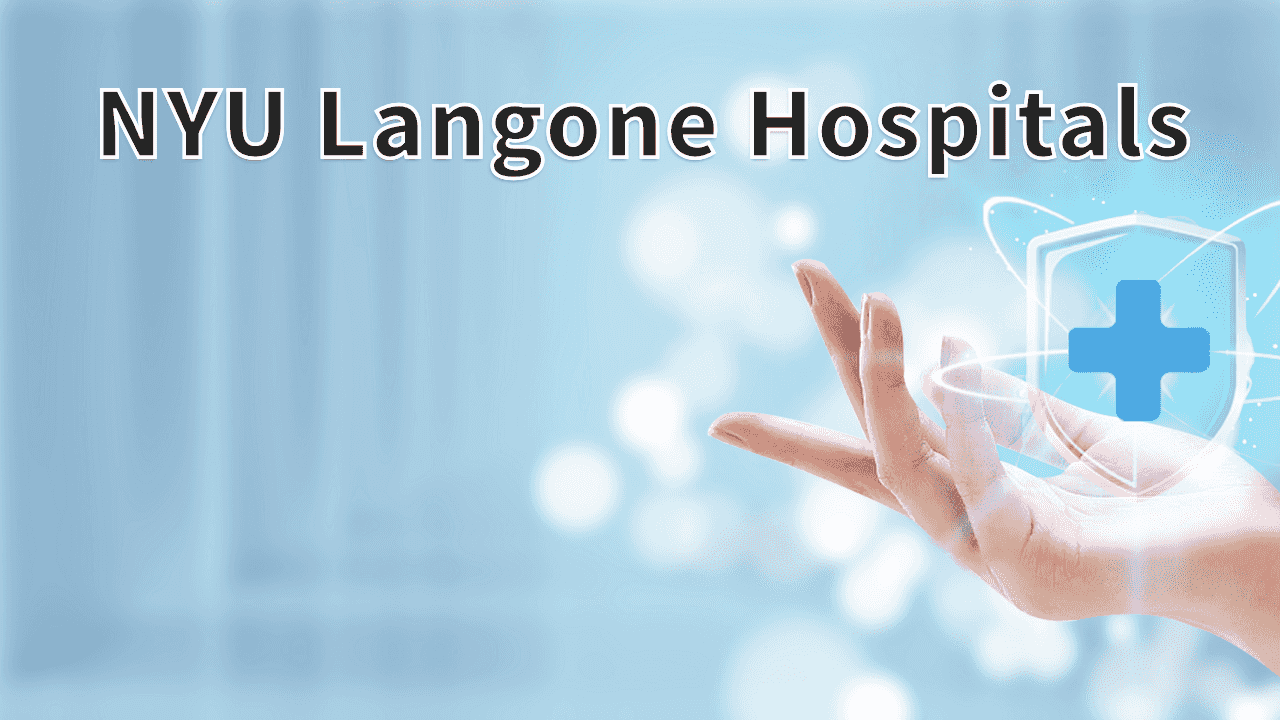Hospital
Boston Children's Hospital
Boston Children's Hospital, founded in 1869, is a not-for-profit medical institution. Boston Children's Hospital has been a leader in the field of paediatric care and the treatment of complex childhood diseases. Boston Children's Hospital is one of the world's largest centres of paediatric medicine. Boston Children's Hospital has been repeatedly ranked as the top children's hospital in the country by US News & World Report

About Boston Children's Hospital at Harvard Medical School

Boston Children's Hospital, founded in 1869, is a not-for-profit medical institution. Boston Children's Hospital has been a leader in pediatric care and the treatment of complex childhood diseases. Boston Children's Hospital is one of the world's largest centres for paediatric medicine, seeing over 500,000 patients and performing over 26,000 procedures each year. Boston Children's has been repeatedly ranked as the top children's hospital in the country by U.S. News & World Report for its excellent patient outcomes and quality of care. In addition, in 2016, Boston Children's was named the top hospital in eight specialties - oncology, cardiology & cardiac surgery, gastroenterology & gastrointestinal surgery, neonatology, nephrology, neurology & neurosurgery, orthopaedics and urology - on the list of America's Best Children's Hospitals. As a hospital affiliated with Harvard Medical School and home to a large, well-funded global pediatric research facility, Boston Children's offers new and innovative treatments and technologies unmatched by any other hospital.
At Boston Children's, a world of care means more than just a successful surgery or cancer remission; it means providing comprehensive, humane support for patients and their families. The friendly and experienced staff at Boston Children's International Patient Center help families every step of the way, ensuring a comfortable experience before, during and after their visit to Boston.
Neonatal Unit
Boston Children's Hospital's Center for Advanced Fetal Health is the leading provider of treatment for birth defects and congenital anomalies from fetal life through childhood. Thousands of pregnant women around the world have been referred for screening, consultation, treatment and care when fetal abnormalities are suspected or diagnosed.

The team of physicians and surgeons covers more than 20 medical specialties and is able to treat a wide range of birth defects and congenital anomalies, including
malformations and craniomaxillofacial anomalies. Cleft lip and palate deformities, clubfoot, ventral cleft, umbilical bulge, hermaphroditic genitalia, lymphatic duct deformities, cloacal deformities.
Pulmonary and respiratory problems. Airway obstruction, infant respiratory distress syndrome, wet lung of the newborn (TTN).
Cardiac problems. Tetralogy of Fallot, aortic stenosis, red blood cell disease.
Brain and nervous system defects. Spinal bulge, hydrocephalus, anencephaly.
Defects of the urinary and digestive tracts. Bladder exstrophy, supra-urethral cleft, oesophageal atresia, hydronephrosis, ureteral cysts.

Research and innovation
The combined efforts of researchers, geneticists, surgeons and other specialists have led to new breakthroughs in knowledge of fetal anomalies and targeted early detection and treatment. Some important advances and techniques include
The use of small balloon catheters to open abnormal heart valves, obstructions or other cardiac anomalies in the foetus.
Fetoscopic surgery, which uses a minimally invasive technique to correct congenital anomalies without removing the foetus from the womb.
Extracorporeal Intrauterine Treatment (EXIT) performed during labour, often for congenital anomalies that obstruct the airway. When the baby is delivered partially by caesarean section and remains attached to the umbilical cord, the doctor begins treating the obstruction so that the baby can breathe independently if the cord is severed.

Surgery to implant a heart device - a mesh stent only 2.5 mm wide - in the foetus.
Surgery to repair a fetal heart valve defect.
Cancer and Blood Disorders Center
For more than 65 years, Boston Children's Hospital and the Dana-Farber Cancer Institute have partnered to provide comprehensive care for childhood cancers and blood disorders, including brain tumours, leukaemia and lymphoma.
Physicians and surgeons are internationally renowned for their expertise in bone marrow (stem cell) transplantation, immunotherapy and gene therapy, neurosurgery, tumour resection, limb-sparing surgery for bone tumours, and MIBG for neuroblastoma.
The Dana-Farber/Boston Children's Cancer and Blood Disorders Centre provides care for over 5,000 patients each year. Specialised clinical units treat a wide range of childhood cancers and blood disorders, including
Brain Tumours. Low- and high-grade gliomas, diffuse pontine gliomas, atypical teratoid rhabdomyosarcoma (AT/RT), medulloblastoma, germ cell tumours.
Bone and organ cancers. Osteosarcoma, neuroblastoma, renal tumours, liver tumours, soft tissue sarcoma, retinoblastoma, rare tumours.

Blood cancers. Leukaemia, lymphoma (including Hodgkin's lymphoma), histiocytic proliferative disorder.
Non-malignant haematological disorders. Anaemia, haemophilia, myelodysplastic syndrome, sickle cell disease, thalassaemia, bone marrow failure syndrome, leukocytic disorders (including neutropenic leucopenia).
Research and innovation
A number of innovative initiatives developed to provide pioneering novel therapies for childhood cancers and blood disorders have been widely adopted by hospitals around the world and have been leaders in a number of important areas, including
Precision Medicine. We host one of the country's comprehensive precision medicine programmes (known as Project Profile). Currently, researchers are analysing hundreds of mutations in over 300 genes across a range of cancer types to detect genetic alterations that can be used to provide targeted treatment for patients.
Stem cell transplantation. Our surgeons perform over 90 transplants each year for children with cancer, bone marrow failure, aplastic anaemia and other blood disorders and immune deficiencies.

Gene therapy. These treatments insert DNA into a patient's cells to replace defective or missing genes, enhancing the body's ability to fight cancer and other diseases.
Immunotherapy and vaccine therapy. Our experts are using artificial antibodies, modified white blood cells and other substances to stimulate the body's immune system to fight blood cancers such as leukaemia and lymphoma.




